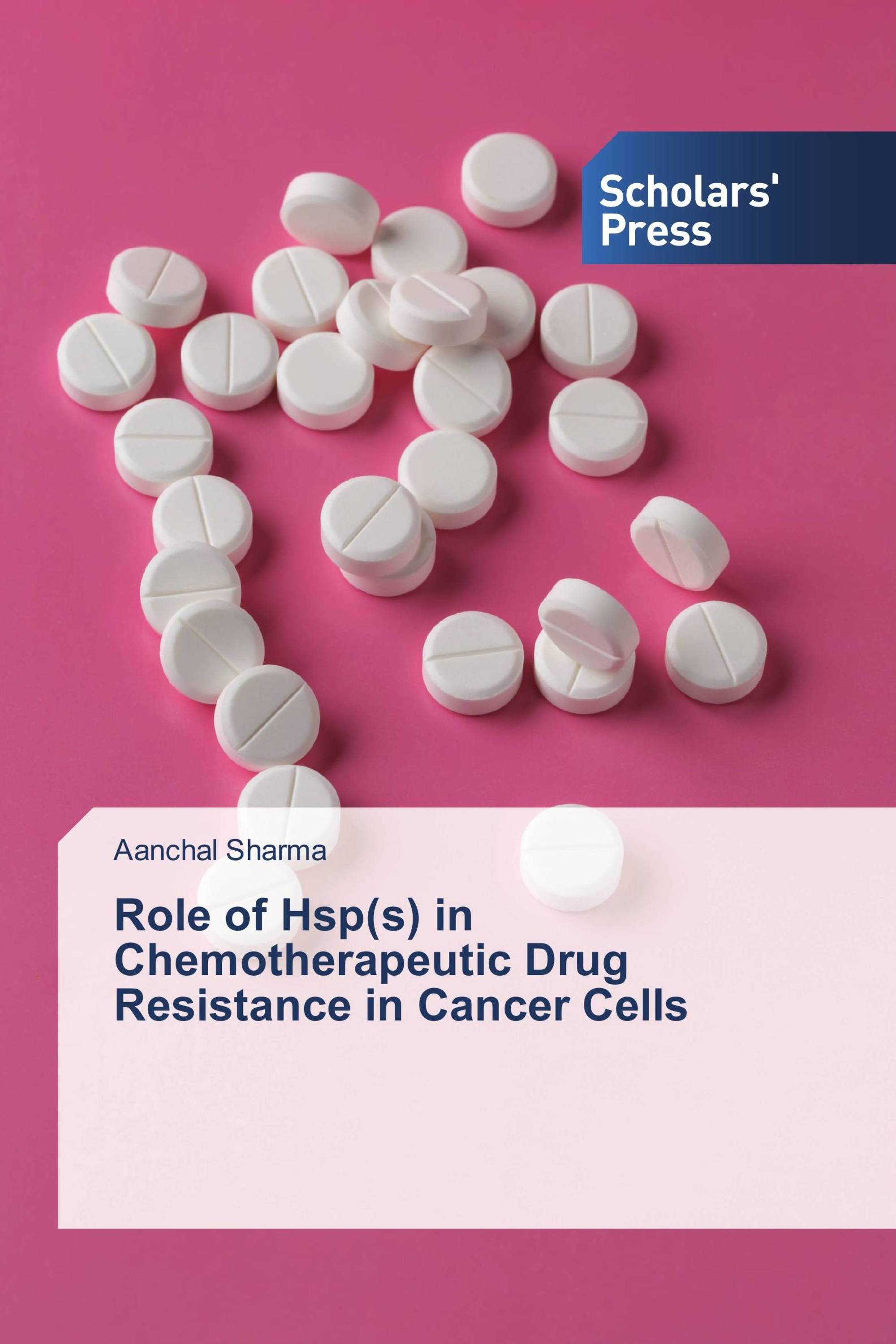Due to substantial technical improvements, clinical application of heat as a co-adjuvant in cancer treatment is acquiring new interest. The effect of hyperthermia on hepatoma cell lines Hep3B (p53 defective) and HepG2 (p53 wild type) when investigated led to an interesting observation that Hep3B cells are more susceptible to heat stress than HepG2 cells. In addition, heat-induced carboplatin resistance was observed in HepG2 cells only. To investigate the reasons, heat shock response was explored and it was observed that heat stress augmented heat shock protein 70 (Hsp70) expression levels in HepG2 and not in Hep3B cells. Furthermore, in HepG2 cells, induced Hsp70 is regulated by both p53 and heat shock transcription factor 1 (HSF1) wherein HSF1 levels are modulated by p53. The data implies that Hep3B are more susceptible to death upon heat stress than HepG2 cells because of non-induction of Hsp70. In addition, it was observed that inhibition of heat-induced p53 ⁄ HSF1 diminishes Hsp70 levels, thereby restoring the sensitivity of heat-stressed HepG2 cells to carboplatin-triggered cell death.
Book Details: |
|
|
ISBN-13: |
978-620-2-30457-3 |
|
ISBN-10: |
620230457X |
|
EAN: |
9786202304573 |
|
Book language: |
English |
|
By (author) : |
Aanchal Sharma |
|
Number of pages: |
88 |
|
Published on: |
2018-01-15 |
|
Category: |
Other |
